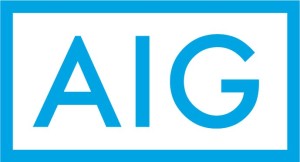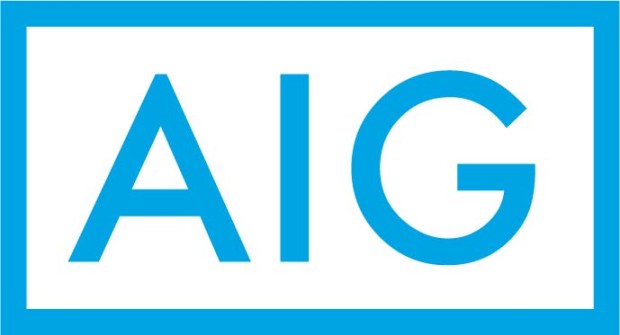 Fitch Ratings gave American International Group a small bit of good news, even as the property/casualty insurance giant struggles to reorganize, respond to profitability declines and deal with activist investors who want to break the company apart.
Fitch Ratings gave American International Group a small bit of good news, even as the property/casualty insurance giant struggles to reorganize, respond to profitability declines and deal with activist investors who want to break the company apart.
Fitch affirmed the insurer financial strength rating of AIG’s property/casualty insurance subsidiaries at ‘A’ and its U.S. life insurance subsidiaries at ‘A+’. The ratings outlook is also stable. As well, Fitch affirmed its issuer default rating at ‘A-‘ and senior debt obligations at ‘BBB+’.
News of the affirmation came before AIG announced a two-year reinsurance deal with Swiss Re, ceding a share of its new and renewal U.S. casualty portfolio to the reinsurer. AIG billed the reinsurance arrangement as a big step in its strategy to improve its commercial insurance diversification and return on equity.
Why did Fitch affirm ratings stability? That is in play because Fitch said AIG has had previous success in restructuring and continues to have solid financials.
“AIG’s ratings reflect the company’s previous success in restructuring and deleveraging efforts,” Fitch said in its ratings outlook. But Fitch also said that AIG’s global reach and size matters, particularly for its property/casualty businesses.
“Property/casualty subsidiary ratings consider the company’s unique position in the global insurance market given its absolute size, underwriting capabilities and consolidated capital adequacy that is comparable to higher-rated peers,” Fitch noted.
Why did Fitch give AIG a stable outlook? That’s because the insurer remains in relatively strong shape, despite a decline in operating profitability in 2015.
“The company’s capitalization, financial leverage and run-rate earnings expectations continue to support the current rating level,” Fitch said. The ratings entity added that AIG’s further strategy to revamp also is a positive, such as “plans to further tighten operational focus, which include a planned public offering of a partial interest in AIG’s mortgage insurance subsidiary and the sale of its independent broker-dealer network.”
At the same time, Fitch noted that AIG’s P/C underwriting performance continues to be “volatile,” with a combined ratio of 112.4 in 2015 versus 102.2 in 2014, due largely to adverse reverse development.
Activist investor/billionaire Carl Icahn has been pressuring AIG to split into three segments, something that CEO Peter Hancock has resisted. In February, AIG disclosed it would expand its board from 14 to 16 seats, a move to bring on an Icahn representative as well as activist investor/billionaire John Paulson.
Source: Fitch Ratings





















 AI Claim Assistant Now Taking Auto Damage Claims Calls at Travelers
AI Claim Assistant Now Taking Auto Damage Claims Calls at Travelers  The Future of HR Is AI
The Future of HR Is AI  High Court Ruling on Trump Tariffs to ‘Ease Uncertainty,’ Says AM Best
High Court Ruling on Trump Tariffs to ‘Ease Uncertainty,’ Says AM Best  Is Risk the Main Ingredient in Ultra-Processed Food?
Is Risk the Main Ingredient in Ultra-Processed Food? 









